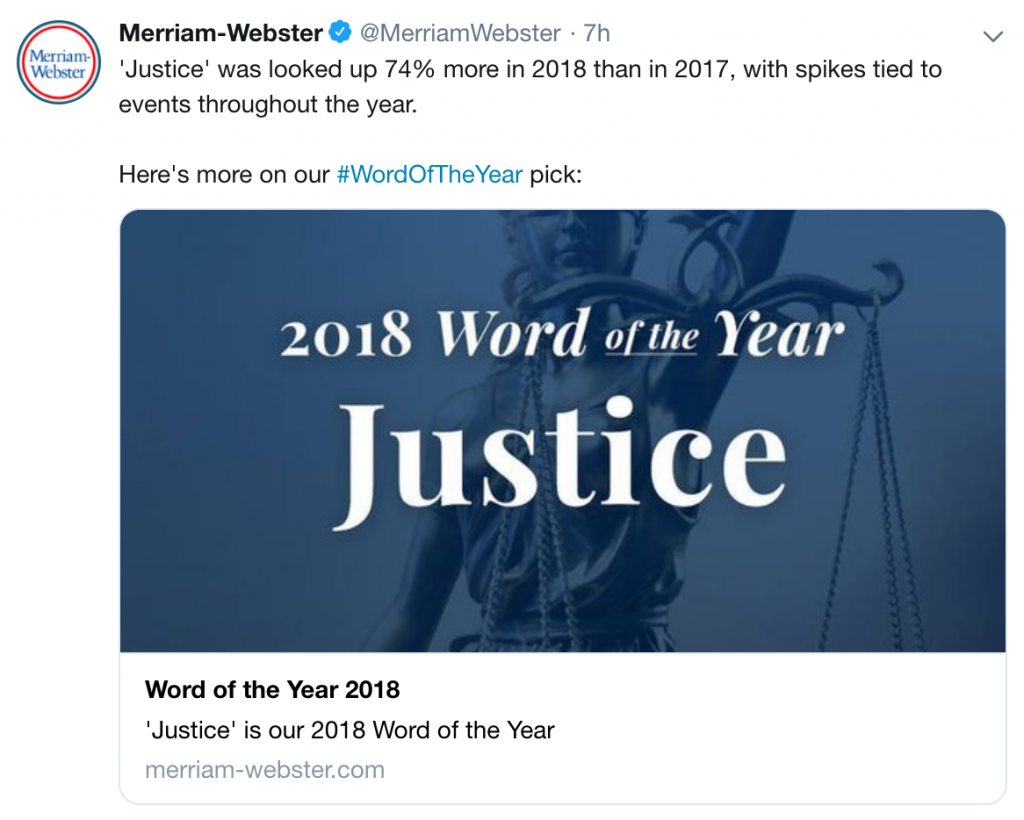I’ve been up to some funny business (more on that another day) and so have not been able to give the blog the attention it deserves. However, I have been collecting noteworthy items for this episode of The Five. I hope they interest you.
❦
1.I’ve had the privilege of knowing some really good preachers and others who struggle in the pulpit. But one thing I respect in those I’ve known is that when they step into the pulpit, they are bringing the fruit of their own interactions with God and his word, prepared especially for their own sheep.
Apparently, that is not the universal experience. Scot McKnight’s challenge to pastors to preach their sermons and not someone else’s is important for what it says about what happens in that time when preachers speak to the people God has gathered for them.
To preach a sermon that is not yours is to create an image of yourself that is not truthful. . . . A sermon is a specific pastor’s engagement with a specific congregation. No one else can do this.
❦
2.I’ve thought a lot the past several years about the power of myth – the stories a culture tells itself in order to justify its actions or simplify its motives. We have many civic myths, such as every military action being one in which our military is protecting our freedoms. The church has its myths as well, among them being the unquestioned nobility of the missionary and his labor. Mythical thinking is not always truthful and honest. This article reviews a book by Kathryn Long which revisits and evaluates the martyrdom of Jim Eliot and his associates. The story itself is a sacrosanct hero narrative among evangelicals, but like most stories, most myths, is more complex than it first appears.
Complexities like these don’t pack the same emotional punch as clear stories of missionary heroism. They do, however, give us a fuller understanding of how the world works. In her epilogue, Long points out a key theme in Elisabeth Elliot’s 1966 missionary novel, No Graven Image. Her young, idealistic heroine discovers that there is much more to missionary work than audiences at home realize.
❦
3.I’m sorry that these articles are behind the Christianity Today paywall, but that can’t be helped.
I’ve mentioned in these pages the question of lament and its proper place on the tongue of the Christian. A helpful voice in these matters is Todd Billings, a theologian at Western Theological Seminary in Michigan and a cancer survivor. His book Rejoicing in Lament has been helpful to many. Some of the themes of that book are addressed in his article “Can Anger at God Be Righteous?”
“In addition to our confession, thanks, and praise, our covenant Lord calls us to bring our hopelessness, anger, fear, and bitterness before him. In his love, the Lord calls us to trust him enough to wrestle with his promises. In order to grow up into our identity in Christ, we need to join the psalmists in rejoicing, lamenting, and crying out to the Lord in a myriad of ways.
❦
4.Rachel Held Evens has been a force in the American Christian world for some time. Suddenly and tragically less than two weeks ago, she died. She was only 37, leaving behind a husband, two small children, and a confused community trying to understand her appeal and impact.
Already, those assessments have themselves proven divisive. That is a shame. Agree with her or disagree, she raised questions that need to be raised and held up a mirror to the church in which we could see how others see us. Such is not always easy, but it is always necessary.
Ed Stetzer’s tribute to her in Christianity Today replaces an earlier one which CT put up and then, under criticism, took down. Stetzer does not overlook the controversy that swirled around RHE, but touches upon an aspect of that controversy which I’ve seen mentioned in numerous places.
But even amidst conflict (that was often quite personal, in that it mattered personally to both of us), she never stopped engaging directly. The effort that it takes to deal with people one-on-one is tremendous, and she did not run from it.
To engage, even to differ, personally, may be something that we cannot afford to lose.
❦
5.To divide a room quickly, introduce the subject of immigration. I can think of few topics on which people feel so strongly while at the same time knowing so little about than immigration.
Unless it is guns. Or abortion. Or race.
Okay, so there are a lot of them.
But this one is helped by a recent article in The Atlantic. David Frum brings some helpful data and history to the subject that gets beyond the emotive soundbites that are the norm. The issue has frustrated me over the years because politicians have not wanted to address it sanely. A wall is not a solution, it is a symbol, Frum points out. And symbols are powerful when there are no reasonable solutions being proposed.
If difficult issues go unaddressed by responsible leaders, they will be exploited by irresponsible ones.
I may or may not agree with his conclusions, but at least his presentation is absent the polarizing rhetoric of the Twitter or TV news bite. Worth reading.


